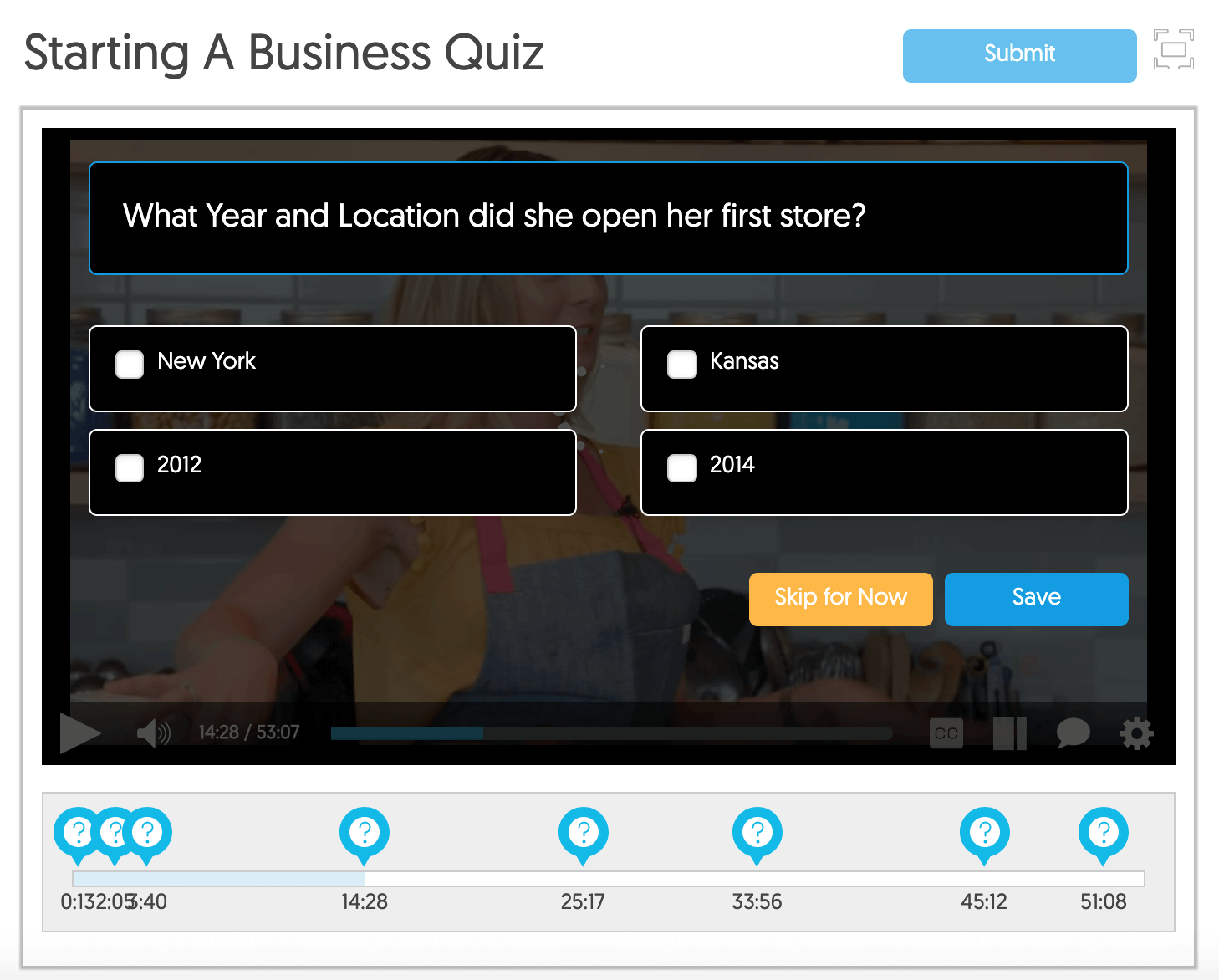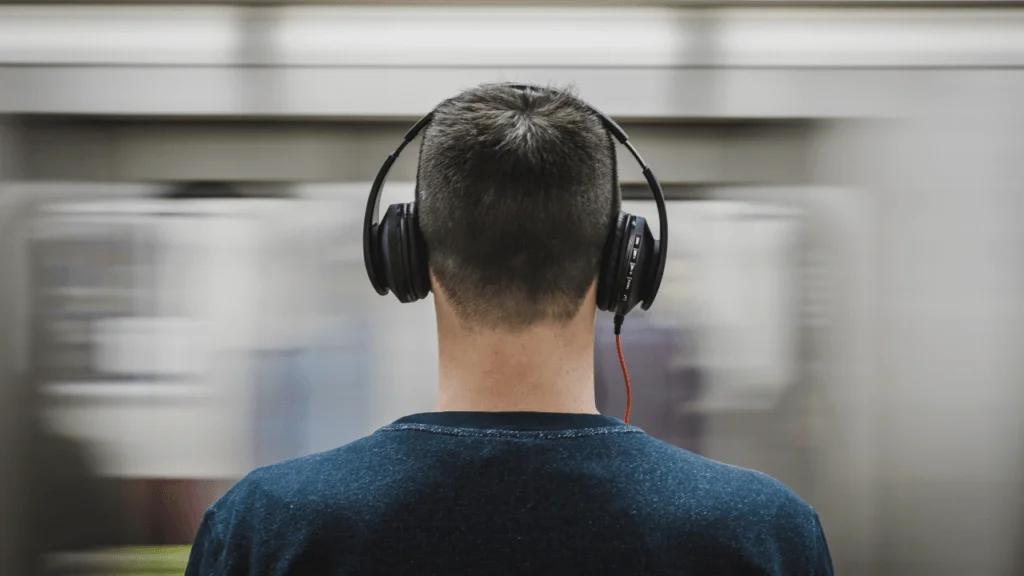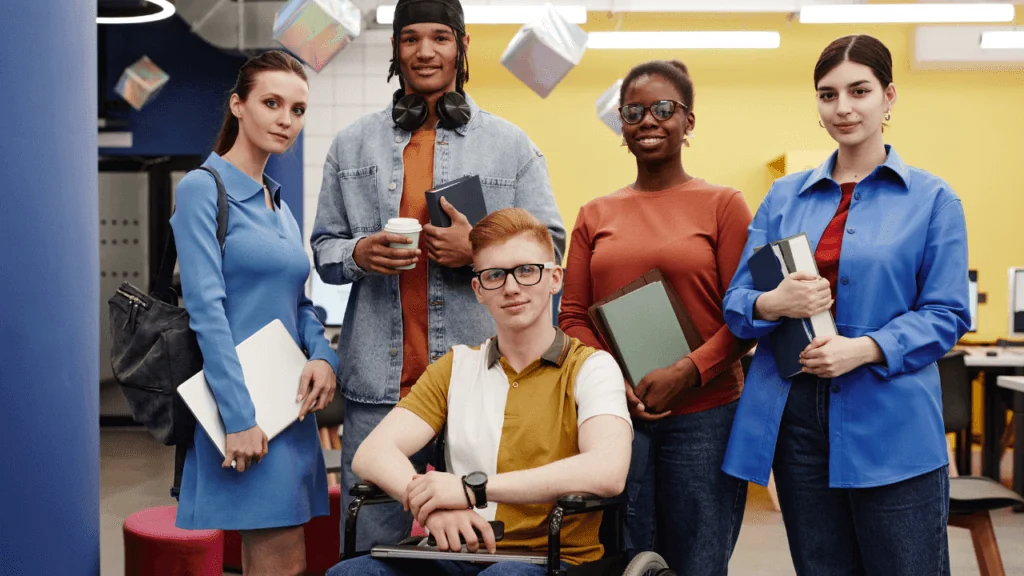-
-
-
- Active engagement encourages a deeper understanding of course material: In-video quizzing prompts students to think critically about course content. Instead of passively absorbing information or walking away from a video as it plays, students become active participants in their learning journey, fostering a deeper understanding of the material. In addition, studies have shown that in-video quizzing can help boost retention as students are prompted to recall information as they learn it and are encouraged to learn key concepts before moving on.
“Students become active participants in their learning journey, fostering a deeper understanding of the material.”
- Students receive immediate feedback to help them course correct: One of the key benefits of in-video quizzing is that students get immediate feedback, which allows them to identify and address areas they don’t understand right away. This quick feedback loop contributes to a more effective learning process.
- Formative assessments help gauge understanding: In-video quizzing serves as a formative assessment tool, providing instructors with valuable insights into student understanding. This data can guide instructors on how to adjust their teaching approach to address areas where students may be struggling.
- In-video quizzing caters to different learning styles: By providing a multimedia approach to learning, in-video quizzing accommodates diverse learning styles, including visual and auditory. This makes the material more accessible to students. In addition, instructors can customize their quizzes to align with learning objectives, catering to individual student needs and creating a more adaptive learning experience.
- Analyzing assessment data can guide instructors on intervention: By analyzing analytics from in-video quizzing, instructors can identify problem areas that exist both for individuals and among larger groups. This data-driven approach allows targeted interventions to support students in areas where they may need additional help.
- In-video quizzes help students prepare for summative assessments: In-video quizzes serve as valuable preparation for larger, summative assessments. They help students identify knowledge gaps early on, providing them time for review and clarification before major exams.

- Active engagement encourages a deeper understanding of course material: In-video quizzing prompts students to think critically about course content. Instead of passively absorbing information or walking away from a video as it plays, students become active participants in their learning journey, fostering a deeper understanding of the material. In addition, studies have shown that in-video quizzing can help boost retention as students are prompted to recall information as they learn it and are encouraged to learn key concepts before moving on.
-
-









